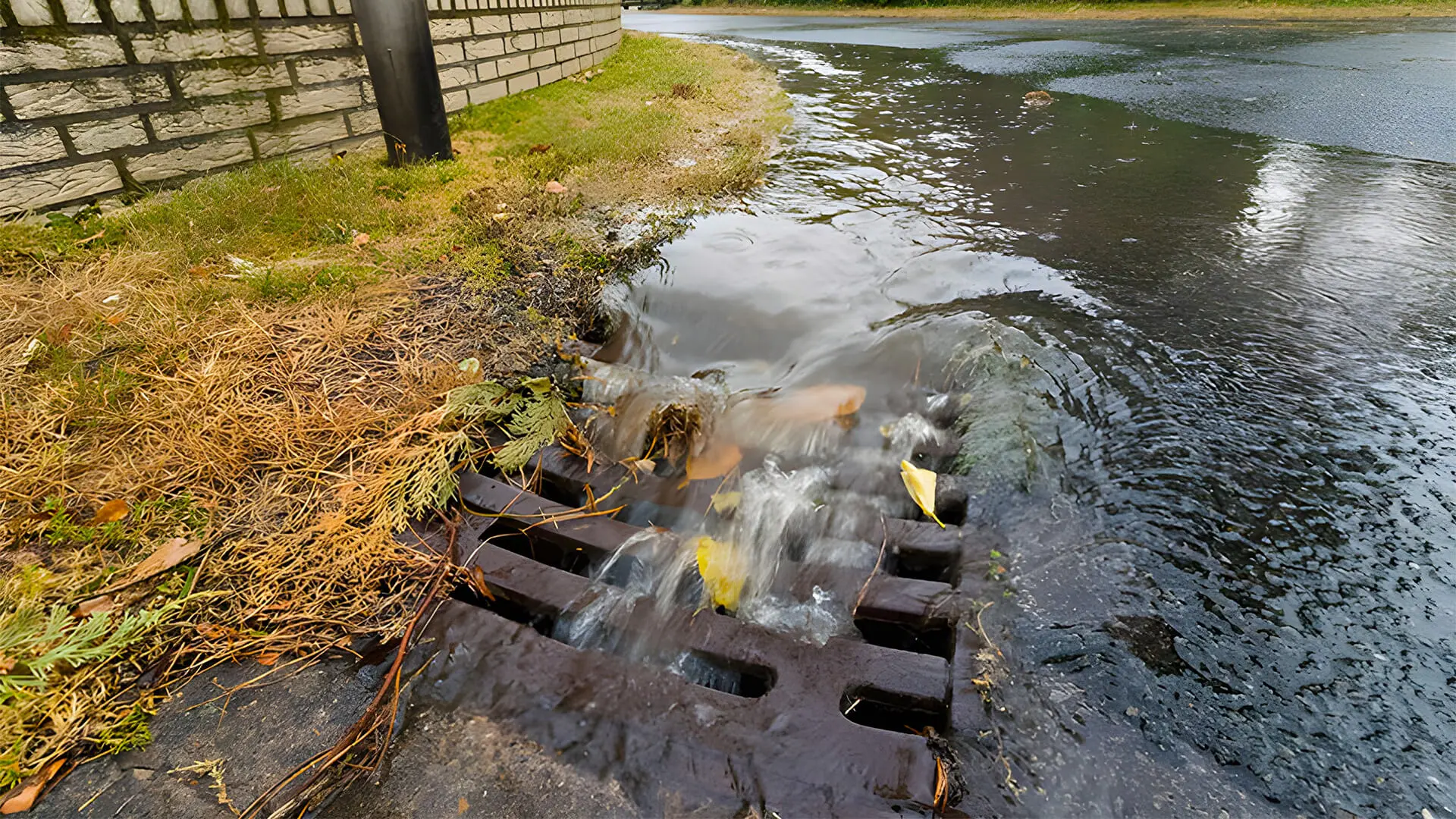Overflowing floor drains can be a puzzling issue many Australian homeowners deal with eventually.
When this happens, people often think there’s an issue with the drain itself, but that’s not always true. Various factors, like foreign objects in the pipes or a buildup of slime, can cause your drains to back up and overflow.

So, if you’ve just spotted standing water in your bathroom or laundry room due to an overflow in the floor drain, fret not. This guide will examine the common causes of overflowing floor drains in detail. Plus, we will tell you how to prevent it from happening again.
If you’re short on time but want to know why your drain is overflowing, here’s a quick summary to help you out:
One of the primary factors leading to basement floor drain backups is a buildup in the pipes - foreign objects lodged that hinder correct flow. Your main drain may suffer damage if these foreign objects are lodged there.
With that said, let’s get started.
Causes Of A Blocked Pipe
Wastewater often accumulates and overflows because the drain pipes are obstructed or blocked. This section highlights a few causes that could lead to blockages in sewer lines.
1. Accumulation Of Slime
The potions, lotions, and gels you use in the shower accumulate over time in the pipes. This obstructs the pipes and reduces the flow, causing wastewater overflowing from the floor drain due to slow drainage.
2. UFOs
We’re not talking about extraterrestrials, but foreign objects blocking water flow in your pipes. These can be anything in your drain that isn’t meant to be there.
If you flush anything apart from toilet paper and human waste, your toilet may reduce the water flow in pipes and lead to a blockage. These contaminants can build up over time — so much so that the water may not be able to pass through at all, causing your flow drains to overflow.
A clogged drain can cause severe damage to your plumbing. Flushing things down the toilet that don’t belong or washing things down the sink that shouldn’t be can cause a blockage further down your pipes, resulting in a floor drain overflowing.
3. Drain Pipe Damage
Apart from the build-up of unwanted objects in the pipes, there are other causes of backed-up floor drains, such as:
- Infiltration or misalignment of tree roots in the drainpipe
- Cracked drain pipe
- Sagging drain pipe
Unlike clogged drain lines, damage to the drain pipe may require more comprehensive repair work.
Prevention And Repair
Here, we have talked about a few ways in which you can prevent your floor drains from overflowing:
1. Using An Auger
Using an auger is a great way to remove solid blockages from your drain line. Make sure it’s long enough to reach those tricky clogged spots deep in the pipe.
2. Clean The Pipes
It’s strongly recommended that you use a drain cleaner periodically to prevent the floor drain from backing up. That way, you can ensure that the water flows freely through the drain and prevent it from backing up and overflowing.
You can buy drain cleaner at a nearby hardware store or make it at home using white vinegar and baking soda.
3. Using A Wire Coat Hanger To Catch Hair
To prevent floor drain backups, it is advisable to collect long hair before it enters the drain. However, a wire coat hanger might help with a stubborn build-up. That said, you can bend an old wire coat hanger into a form, allowing you to wiggle the hooked end into the drain. Twist the wire around, and it will hook onto any hair within reach and clear the clog.
4. Plumbing Snake
If the above three methods fail, consider using a plumbing snake to clear the blockage and restore the water flow. You can even use a CCTV drain camera to investigate what is causing the blockage. The images from the camera will tell you about the condition of your drain pipes. Thus, it will help you take steps accordingly and prevent it from happening.
5. Professional Help
A repair or replacement will be required in cases of sewer line damage, such as misaligned, cracked, or collapsed pipes. You will need to contact a professional company with expertise in plumbing fixtures. They have all the equipment, knowledge, and experience to dig out and replace the pipes without causing damage to them so that your water flows freely once again.
Frequently Asked Questions (FAQs)
In this section, We have aimed to answer some frequently asked questions about drain line clogs and overflowing floor drains to help clear any further questions or doubts you might have. We genuinely hope that you find them helpful.
1. How to unclog a drain using vinegar and baking soda?
Vinegar and baking soda are exceptional natural cleaners that can unclog your drain. Their potent chemical reaction can help remove stubborn waste, clear your floor drain, and eliminate odour.
You can do it in five easy steps:
- Remove the floor drain plug
- Pour hot water into the floor drain
- Then pour one cup of vinegar and half a cup of baking soda solution
- Cover the floor drain plug and wait for half an hour
- Remove the floor drain plug and pour hot water
2. What is hydrojet drain cleaning?
Hydro jets blast high-pressure water to clear drain blockages. They can remove tree roots and leaves beyond what an auger or plunger can reach. Since using one requires skill, it’s best to have a professional plumber take care of it.
3. Who pays for clearing a blocked drain in a rented property in Australia?
More often than not, plumbing maintenance is shared between the tenant and the landlord. But we strongly recommend checking the rental laws in your region and your tenancy rights to be on the safer side.
Always speak to a Professional
With that, we have concluded our informative guide. But before we sign off, here’s our final advice: don’t allow slime and other unwanted objects to accumulate in your floor drain pipe.
Once contaminants enter the pipes, you may have difficulty figuring out what is causing the blockage and making your floor drain overflow.
Nonetheless, keep a drain auger or a plunger handy at home, as they can help clear minor clogs without much problem. That said, contact your local plumber in case of severe blockage, as their knowledge and expertise will most likely solve your issue.



